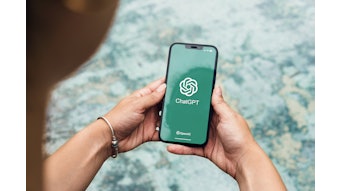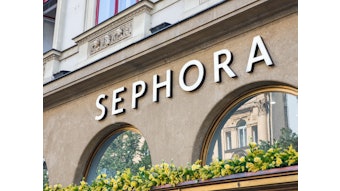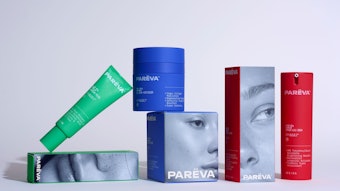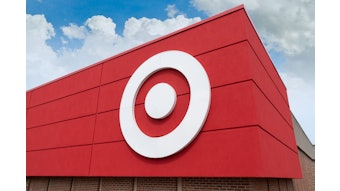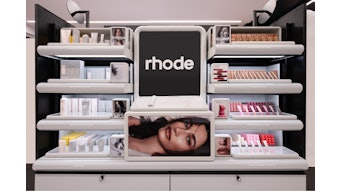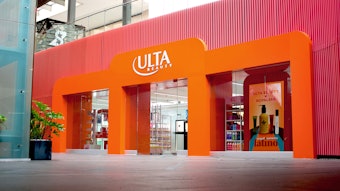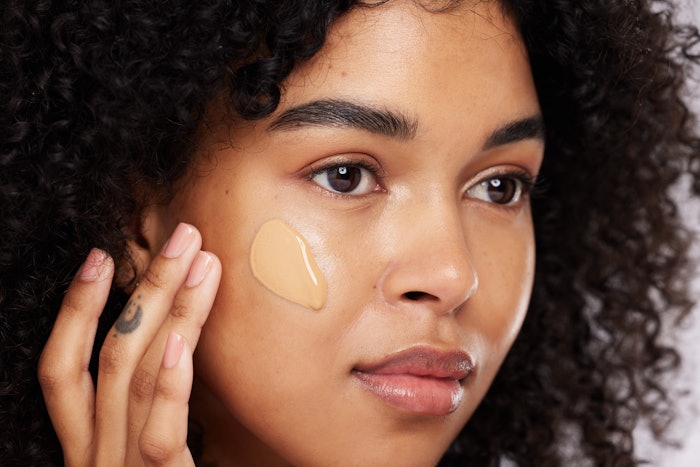
A new industry audit by Shipfusion Inc., a North American 3PL and ecommerce fulfillment provider, reveals significant fulfillment challenges facing direct-to-consumer (DTC) beauty brands. The report, titled "The DTC Delivery Files: Cosmetics Edition," analyzed 110 top beauty brands and uncovered critical gaps in post-purchase experiences during a time of heightened customer expectations and tight margins.
Key findings include:
- 1 in 3 orders arrived scuffed, with more than 1 in 10 damaged.
- Only 18% of brands followed up with post-purchase offers or incentives.
- 89% of brands did not include free samples, despite their proven impact on reorders.
- 44% of brands lack international shipping, limiting global reach.
- Just 31% offer free returns, while 9% don’t allow returns at all.
The report highlights that many brands, including celebrity-led ones, are missing opportunities to strengthen loyalty and lifetime value, particularly in the highly competitive cosmetics category. As Q4 approaches, brands face increased pressure to meet customer expectations around speed, care and presentation.
To dive deeper into these findings and explore how brands can turn fulfillment into a competitive advantage, we spoke with Shipfusion CEO Brandon Luft.
“The data makes it clear," says the executive. "Fulfillment is no longer just logistics. It is brand storytelling. Beauty brands that treat shipping, packaging, and post-purchase moments as expressions of their identity will stand out. Those that do not risk falling behind, regardless of how famous the founder may be.”
3PL Q&A: Brandon Luft, CEO, Shipfusion
Strategies for Leveraging Post-Purchase Offers to Boost AOV and Repeat Revenue
The data is clear: three out of four cosmetics brands aren’t using post-purchase offers, leaving money on the table. To close that gap, brands should:
- Act immediately to avoid losing momentum. Offers should appear instantly after checkout and, ideally, ship in the same box.
- Keep it relevant. Tie offers to what the customer just purchased (e.g., a matching primer for a foundation or a travel-size version of a serum).
- Use time-sensitive incentives. Limited-time discounts or loyalty boosts within 48 hours keep the dopamine high and conversion rates strong.
- Automate the flow. Work with a 3PL that can consolidate post-purchase add-ons into the original shipment without adding operational friction.
These are some of the most effective levers brands can pull to drive repeat revenue.
The Importance of Free Return Policies in Building Trust
In a shade- or formula-sensitive category, uncertainty is high, and that makes return policy a trust signal. The report shows that 31% of brands offered free returns, and 9% didn’t allow returns at all.
When the stakes are personal—color match, texture, skin reaction—flexibility matters. Free returns help lower hesitation at checkout, reduce abandoned carts for first-time buyers, and encourage them to try new products without fear of being stuck.
While not every SKU needs a blanket free-return policy, a tiered or conditional approach (free returns for first-time customers or certain categories) can strike the right balance between CX and margins.
The Impact of Free Samples on Customer Discovery and Brand Loyalty
The finding that nearly 90% of brands skipped free samples is a significant missed opportunity. In beauty, sampling is proven to drive discovery, increase LTV, and reinforce brand positioning.
Drive discovery: Customers can test shades or formulas risk-free.
Increase LTV: 89% of sample recipients intend to purchase the full-size product.
Reinforce brand positioning: Samples extend the brand experience beyond the initial order.
Brands often avoid samples due to kitting and inventory complexity, but that’s solvable with a fulfillment partner ... that can manage SKU-level custom inserts and freebies at scale. The ROI on sampling in cosmetics is one of the strongest in any category, so this isn’t something brands should overlook.
Overcoming International Shipping and Logistics Challenges
With more than half of cosmetics brands still not offering global shipping, the growth potential for international expansion is huge, but so are the operational challenges.
To succeed, brands need cross-border fulfillment expertise that handles customs, duties, and tax compliance seamlessly, along with strategically located warehouses near major international hubs to cut both delivery time and cost. Equally important is geo-localization. The shopping experience should be tailored to where the buyer is located, with local currency, language and delivery expectations built in.
Partnering with a 3PL that already ships worldwide and manages these complexities allows brands to scale globally without overextending internal teams or compromising the customer experience.
How Can Brands Improve Packaging Quality and Reduce Delivery Damage?
The report revealed that one in three cosmetics orders arrived with scuffed or damaged boxes and more than one in ten included a broken item, both of which can erode brand perception and customer trust.
Preventing this starts with matching packaging to product fragility; while flexible mailers may work for tubes or pouches, glass bottles and pressed powders require rigid boxes and protective inserts.
Choosing the right size of packaging for every shipment is equally critical, as oversized boxes allow products to move in transit, increasing the risk of damage.
Protective dunnage should be used with both function and presentation in mind, ensuring that unboxing remains a positive brand experience. Regular audits of packaging SOPs (standard operating procedure) help brands protect not only their products but also their reputation.
